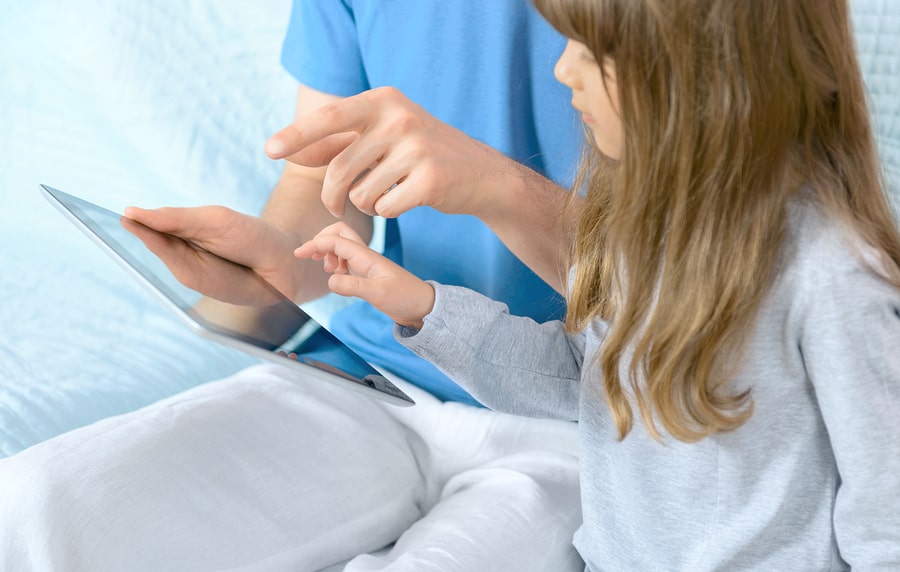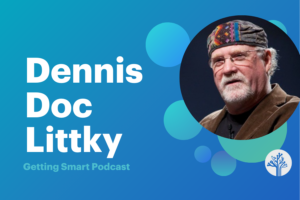Changing How We Think About Student Choice in Learning: Recombinant Education

Co-Authored By: Senior Director of Innovation, Dr. Lisa Duty, KnowledgeWorks and Superintendent Dr. John Marschhausen, Loveland City School District
An explosion of innovation has been transforming how we think about learning, and how we organize talent and resources to support learning experiences. School as we once knew it has become ‘unbundled.’ While Ohio has been debating charter schools, vouchers, and e-schools for years, emerging digital and blended learning models have created additional opportunities and new paradigms for thinking about student choice, and with them some demands for navigating this new learning ecosystem.
The strongest of public schools will take new forms, becoming providers, brokers and smart connoisseurs of education options ‘a la carte,’ supporting their students and families in charting their own unique education pathways. Choice will cease to be a simple selection between public and private, public or charter-public, online or traditional school. This change is already in train at the Loveland City School District as it seeks to offer an array of non-traditional learning opportunities— including options with blended learning providers, on-line dual enrollment classes with local universities, and complete digital curriculum options.
KnowledgeWorks’ Education Forecast 3.0: Recombinant Education asserts that the tightly bound relationships and resource flows that are used to deliver instruction, develop curriculum, perform assessment, grant credentials, and provide professional development are dissolving. Teaching and learning are becoming increasingly uncoupled from traditional educational institutions like the Loveland City Schools, and are now available through and enhanced by a larger vibrant learning ecosystem that includes notables like Khan Academy and Udacity. It is the high quality re-combination of the many options and experiences learners may choose that is critical to their career and college success.
Learners’ roles are changing. In addition to gaining content knowledge and skills, students need to learn to navigate diverse resources and opportunities and to co-develop their own personalized learning pathways. As technology proliferates, students will need to learn to use personal performance feedback from multiple digital data streams to inform their own learning and development. Ultimately students must take responsibility for evaluating available learning opportunities and making choices offered by the learning ecosystem—over their lifetimes.
In the future, schools that keep pace with learners will:
- Lead the process of articulating what learners will need to know and be able to do in a dynamic world where employability is key
- Help prepare and train teachers to effectively facilitate instruction in the ever-evolving landscape of education
- Help develop interoperability across programs, services, data-scapes, and learning platforms
- Support the development of public-private partnerships and harness social innovations that can expand the array of resources, organizational formats for “school,” and opportunities available to all students
- Ensure that everyone in the learning ecosystem has access to, and the capacity to use, the data needed to make effective decisions about learners
- Collaborate with stakeholders across the learning ecosystem to identify ways of evaluating the quality of diverse learning agents and learning providers
Public schools have a responsibility to provide student-centric teaching and learning with demanding, rigorous expectations, and this means the reinvention of schooling. Educators must unite – the private and public, the traditional and the innovators – to shape America’s workforce of the future. The stakes are too high for our continued isolation.






0 Comments
Leave a Comment
Your email address will not be published. All fields are required.